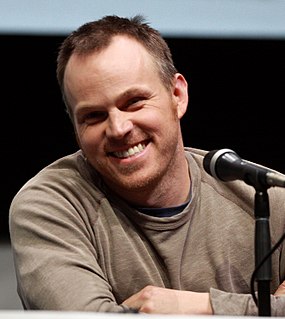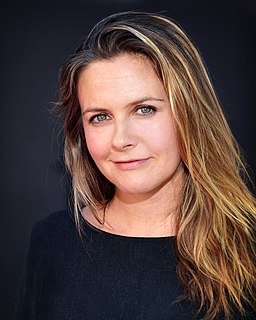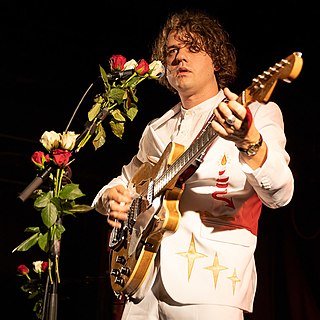A Quote by Linda Grant
I was embarrassed by my parents. I thought they had nothing of interest to say or contribute to anything. My real crime was not understanding that they were interesting, and I have been trying to make it up to them for being so indescribably blase, so genuinely uninterested and dismissive.
Related Quotes
For me, there were a few things in the Spider-Man comics that I thought were really interesting. There's this story about Peter's parents and where he came from, and I thought that it was really interesting to explore the emotional consequence of someone whose parents had left them, at a very young age.
She was trying to say something else; she was trying to say that the inability to articulate what one feels in any satisfactory way is one of our enduring tragedies. It wouldn't have been much, and it wouldn't have been useful, but it would have been something that reflected the gravity and the sadness inside her. Instead, she had snapped at him for being a loser. It was as if she were trying to find a handhold on the boulder of her feelings, and had merely ended up with grit under her nails.
I guess, for me, I've always thought that there was humor everywhere. And as a kid, I just, you know, I grew up an only child, and I - sort of nothing made me happier than to make my parents laugh. I remember I had costumes and things laying around the house that I was, you know, anything that I could do to make my parents laugh.
When I first told people I was writing a book, some would say that was interesting, but others thought it was some holiday project and I would lose interest. I think my parents thought the same thing, and they were surprised when I kept going. I'm not sure I thought I would keep going, but then it became a big part of my life.
Animals are being exploited in such an unbelievable way; it's not acceptable. PETA is trying to get your attention, and they're successful at it. ... If you talk to people who grew up on a farm, they'll tell you that they had an experience where they were taking care of a cow, and one day their parents took it away and killed it. It's a torturous experience for them, and that's when they became hard. People are taught to be grown-up or whatever, and that's dumb. That bond they had with that cow or chicken was real.
I never had any desire to be famous. I find people who do really sad. I genuinely feel sorry for them because there is nothing of substancein their lives. I am happy when I am writing or performing. Not when I sit there being "famous". I like recognition for my work, but not recognition for being "that bloke off the telly". It is genuinely humbling when a woman comes up to me, as someone did recently, to say she wanted to commit suicide after her husband died, and my show cheered her up and made her feel better. That's great.
Some parents were awful back then and are awful still. The process of raising you didn't turn them into grown-ups. Parents who were clearly imperfect can be helpful to you. As you were trying to grow up despite their fumbling efforts, you had to develop skills and tolerances other kids missed out on. Some of the strongest people I know grew up taking care of inept, invalid, or psychotic parents--but they know the parents weren't normal, healthy, or whole.
All teenagers knew this was true. The process of growing up was nothing more than figuring out what doors hadn't yet been slammed in your face. For years, parents tell you that you can be anything, have anything, do anything. That was why she'd been so eager to grow up-until she got to adolescence and hit a big fat wall ofreality. As it turned out, she couldn't have anything she wanted. You didn't get to be pretty or smart or popular just because you wanted it. You didn't control your own destiny, you were too busy trying to fit in.
I thought I was the center of the world and that my parents had nothing to do with me, and I regret that. I wish I had been a little kinder to my family and been friends with them and let them into my life and shared with them the things I was doing rather than feel like I needed to do my life in secret.
Some discrimination is perfectly reasonable. The discrimination between trying to teach our kids what most of human history has thought was a desirable lifestyle that will contribute to their happiness, and trying to deter them - not to prohibit, and not to punish - but trying to steer them in a direction that will contribute to their happiness.







































